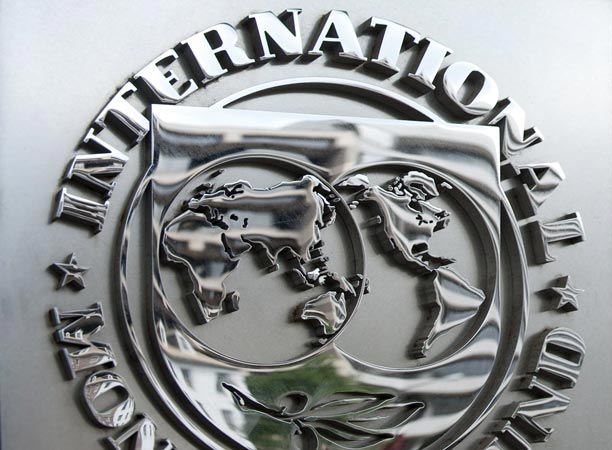The Communiqué of the Thirty-Fifth Meeting of the IMFC says the global economic recovery is gaining momentum, commodity prices have firmed up, and deflation risks are receding. While the outlook is improving, growth is still modest and subject to heightened political and policy uncertainties.
Crisis legacies, high debt levels, weak productivity growth, and demographic trends remain challenging headwinds in advanced economies; while domestic imbalances, sharper-than-expected financial tightening, and negative spillovers from global uncertainty pose challenges for some emerging market and developing countries.
Trade, financial integration, and technological innovation have brought significant benefits, improving living standards, and lifting hundreds of millions out of poverty. However, the prolonged period of low growth has brought to the fore the concerns of those who have been left behind. It is important to ensure that everyone has the opportunity to benefit from global economic integration and technological progress.
We reinforce our commitment to achieve strong, sustainable, balanced, inclusive, and job-rich growth. To this end, we will use all policy tools—monetary and fiscal policies, and structural reforms—both individually and collectively. We reaffirm our commitment to communicate policy stances clearly, avoid inward-looking policies, and preserve global financial stability. We recognize that excessive volatility and disorderly movements in exchange rates can have adverse implications for economic and financial stability. We will refrain from competitive devaluations, and will not target our exchange rates for competitive purposes. We will also work together to reduce excessive global imbalances by pursuing appropriate policies. We are working to strengthen the contribution of trade to our economies. Our priorities include:
Accommodative monetary policy: In economies where inflation is still below target and output gaps remain negative, monetary policy should remain accommodative, consistent with central banks’ mandates, mindful of financial stability risks, and underpinned by credible policy frameworks. Monetary policy by itself cannot achieve sustainable and balanced growth, and hence must be accompanied by other supportive policies. Monetary policy normalization, where warranted, should continue to be well-communicated, also to mitigate potential cross-border spillover effects.
Growth-friendly fiscal policy: Fiscal policy should be used flexibly and be growth-friendly, prioritize high-quality investment, and support reforms that boost productivity, provide opportunities for all, and promote inclusiveness, while enhancing resilience and ensuring that public debt as a share of GDP is on a sustainable path.
Tailored, prioritized, and sequenced structural reforms: We will advance structural reforms to lift growth and productivity and enhance resilience, while assisting those bearing the cost of adjustment. The design, prioritization, and sequencing of reforms should reflect country circumstances; aim to boost investments in infrastructure, human capital development, and innovation; promote competition and market entry; and raise employment rates.
Safeguarding financial stability: We will further strengthen the resilience of the financial sector to continue to support growth and development. This requires sustained efforts to address remaining crisis legacies in some advanced economies and vulnerabilities in some emerging market economies, as well as monitoring potential financial risks associated with prolonged low or negative interest rates and with systemic market liquidity shifts. We stress the importance of timely, full, and consistent implementation of the agreed financial sector reform agenda, as well as finalizing remaining elements of the regulatory framework as soon as possible.
A more inclusive global economy: We will implement policies that promote opportunities for all within our countries, sustainability over time, and cooperation across countries. We will implement domestic policies that develop an adaptable and skilled workforce, assist those adversely affected by technological progress and economic integration, and work together to ensure that future generations are not left to pay for the actions of the current one. Recognizing that every country benefits from cooperation through a collaborative framework that evolves to meet the changing needs of the global economy, we will work to tackle common challenges, support efforts toward the 2030 Sustainable Development Goals (SDGs), and ensure the orderly functioning of the international monetary system (IMS). We will support countries dealing with the consequences of conflicts, refugee and humanitarian crises, or natural disasters. We will work to promote a level playing field in international trade and taxation; tackle the sources and channels of terrorist financing, corruption, and other illicit financial flows; and address correspondent banking relationship withdrawal.

